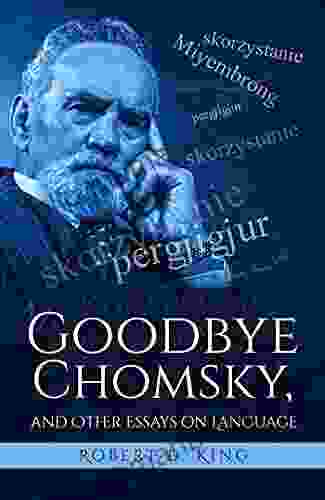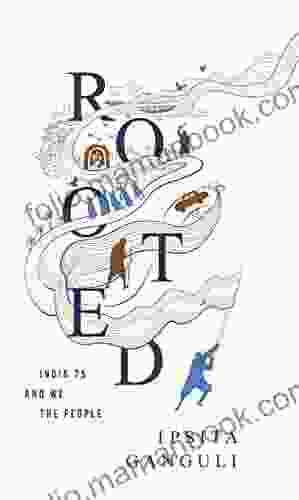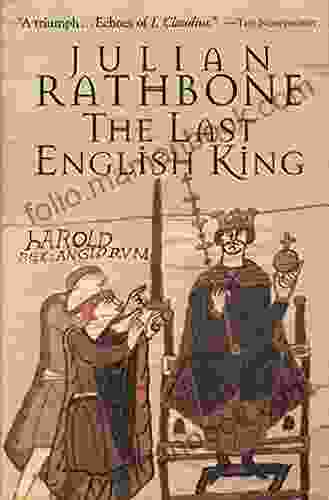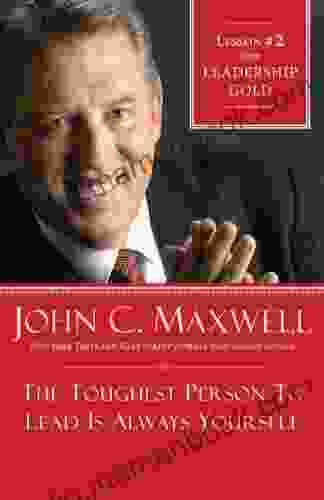Goodbye Chomsky And Other Essays On Language

In the realm of linguistics, the name Noam Chomsky stands as a towering figure, his groundbreaking theories on language acquisition and universal grammar revolutionizing our understanding of human communication. However, beyond his linguistic contributions, Chomsky has also delved into broader philosophical inquiries, exploring the nature of language and its relation to the human condition. "Goodbye Chomsky and Other Essays on Language" is a captivating collection of essays that encapsulates Chomsky's profound insights into the philosophy of language, offering a comprehensive exploration of his multifaceted perspectives.
The Nature of Language and the Mind
Chomsky's philosophical investigations stem from a fundamental question: What is the nature of language, and how is it related to the human mind? In his essay "Language and the Mind," he argues that language is an innate capacity of the human brain, a unique faculté de langage that distinguishes us from other species. According to Chomsky, this faculté de langage is a biological endowment that enables us to acquire and use language with remarkable ease and efficiency.
Universal Grammar and the Creativity of Language
Central to Chomsky's theory of language is the concept of universal grammar, an innate set of principles that govern the structure and organization of all human languages. In "The Minimalist Program," Chomsky outlines his minimalist approach to universal grammar, positing that it consists of a small set of core principles that underlie the diverse surface forms of languages. This minimalist perspective emphasizes the simplicity and elegance of the human language faculty, highlighting its remarkable capacity to generate an infinite array of novel and meaningful utterances.
5 out of 5
| Language | : | English |
| Paperback | : | 52 pages |
| Item Weight | : | 4.6 ounces |
| Dimensions | : | 6 x 0.13 x 9 inches |
| File size | : | 2015 KB |
| Text-to-Speech | : | Enabled |
| Screen Reader | : | Supported |
| Enhanced typesetting | : | Enabled |
| Word Wise | : | Enabled |
| Print length | : | 277 pages |
| Lending | : | Enabled |
| X-Ray for textbooks | : | Enabled |
The Poverty of the Stimulus and Language Acquisition
Chomsky's theory of universal grammar raises profound questions about language acquisition. How is it possible for children to acquire complex linguistic systems from the limited and often fragmentary input they receive? In "The Poverty of the Stimulus," Chomsky argues that the input children receive is insufficient to account for the complexities of the language they develop. He posits that children must possess innate knowledge of universal grammar, which enables them to make sense of the input and construct a full-fledged linguistic system.
The Role of Language in Human Cognition
Language is not merely a tool for communication; it also plays a crucial role in human cognition. In "Language and Thought," Chomsky explores the intricate relationship between language and the mind, arguing that language influences our perception of the world, our ability to reason, and our capacity for abstract thought. He posits that language provides a framework through which we organize and interpret our experience, shaping our understanding of ourselves and the world around us.
Language, Culture, and Society
While Chomsky's primary focus is on the biological and cognitive aspects of language, he also acknowledges the profound influence of culture and society on language. In "Language and Culture," he argues that language is not simply a neutral medium for thought but rather a cultural artifact that reflects and shapes the values, beliefs, and practices of a particular community. Chomsky emphasizes the importance of understanding the cultural context in which language is used, as it provides insights into the ways in which language both reflects and perpetuates social norms and structures.
The Political Dimensions of Language
In his later years, Chomsky has increasingly turned his attention to the political dimensions of language. In essays such as "The Responsibility of Intellectuals" and "Power and Terror," he examines the ways in which language is used to justify violence, manipulate public opinion, and perpetuate systems of oppression. Chomsky argues that intellectuals have a moral responsibility to use their knowledge and critical thinking skills to expose these linguistic abuses and promote a more just and equitable world.
"Goodbye Chomsky and Other Essays on Language" is a profound and wide-ranging exploration of the philosophy of language, offering a deep dive into the mind of one of the most influential thinkers of our time. Chomsky's incisive analysis, rigorous arguments, and provocative insights challenge our assumptions about language, cognition, culture, and society. Whether you are a student of linguistics, philosophy, or simply someone interested in the nature of human communication, this seminal work will provide invaluable insights and inspire you to rethink the fundamental questions about language and its place in the human experience.
5 out of 5
| Language | : | English |
| Paperback | : | 52 pages |
| Item Weight | : | 4.6 ounces |
| Dimensions | : | 6 x 0.13 x 9 inches |
| File size | : | 2015 KB |
| Text-to-Speech | : | Enabled |
| Screen Reader | : | Supported |
| Enhanced typesetting | : | Enabled |
| Word Wise | : | Enabled |
| Print length | : | 277 pages |
| Lending | : | Enabled |
| X-Ray for textbooks | : | Enabled |
Do you want to contribute by writing guest posts on this blog?
Please contact us and send us a resume of previous articles that you have written.
 Top Book
Top Book Novel
Novel Fiction
Fiction Nonfiction
Nonfiction Literature
Literature Paperback
Paperback Hardcover
Hardcover E-book
E-book Audiobook
Audiobook Bestseller
Bestseller Classic
Classic Mystery
Mystery Thriller
Thriller Romance
Romance Fantasy
Fantasy Science Fiction
Science Fiction Biography
Biography Memoir
Memoir Autobiography
Autobiography Poetry
Poetry Drama
Drama Historical Fiction
Historical Fiction Self-help
Self-help Young Adult
Young Adult Childrens Books
Childrens Books Graphic Novel
Graphic Novel Anthology
Anthology Series
Series Encyclopedia
Encyclopedia Reference
Reference Guidebook
Guidebook Textbook
Textbook Workbook
Workbook Journal
Journal Diary
Diary Manuscript
Manuscript Folio
Folio Pulp Fiction
Pulp Fiction Short Stories
Short Stories Fairy Tales
Fairy Tales Fables
Fables Mythology
Mythology Philosophy
Philosophy Religion
Religion Spirituality
Spirituality Essays
Essays Critique
Critique Commentary
Commentary Glossary
Glossary Bibliography
Bibliography Index
Index Table of Contents
Table of Contents Preface
Preface Introduction
Introduction Foreword
Foreword Afterword
Afterword Appendices
Appendices Annotations
Annotations Footnotes
Footnotes Epilogue
Epilogue Prologue
Prologue Kenneth E Hagin
Kenneth E Hagin Makenzie Campbell
Makenzie Campbell Jules Romains
Jules Romains Joan Wolf
Joan Wolf Nick Dang
Nick Dang Vinoth Kubrick
Vinoth Kubrick Rainbow Rowell
Rainbow Rowell Mark Pellegrini
Mark Pellegrini Alastair Reynolds
Alastair Reynolds Robert Harken
Robert Harken Charles Bukowski
Charles Bukowski William Shakespeare
William Shakespeare Edwin Morgan
Edwin Morgan John Kim
John Kim Barbara Kindermann
Barbara Kindermann Jess Breitling
Jess Breitling Leon Stevens
Leon Stevens Emily Larkins
Emily Larkins Juliet Anderson
Juliet Anderson Yaswanth Nukasani
Yaswanth Nukasani
Light bulbAdvertise smarter! Our strategic ad space ensures maximum exposure. Reserve your spot today!
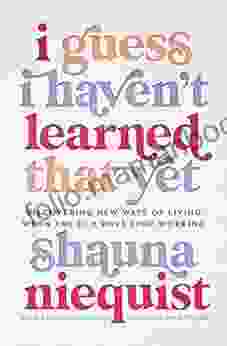
 Boris PasternakGuess Haven Learned That Yet?: Uncovering the Hidden Secrets of the Cosmos
Boris PasternakGuess Haven Learned That Yet?: Uncovering the Hidden Secrets of the Cosmos Ashton ReedFollow ·8.1k
Ashton ReedFollow ·8.1k Adrian WardFollow ·11.1k
Adrian WardFollow ·11.1k Herbert CoxFollow ·13.3k
Herbert CoxFollow ·13.3k Simon MitchellFollow ·5.4k
Simon MitchellFollow ·5.4k Harold PowellFollow ·4.7k
Harold PowellFollow ·4.7k Carter HayesFollow ·17k
Carter HayesFollow ·17k Everett BellFollow ·7.9k
Everett BellFollow ·7.9k Aleksandr PushkinFollow ·18.9k
Aleksandr PushkinFollow ·18.9k
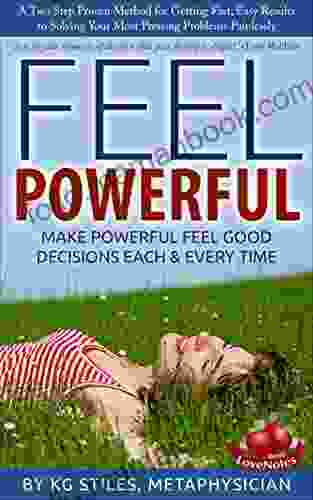
 Dean Cox
Dean CoxHow to Make Decisions Easily & Effortlessly: The...
The Different Types of Decisions There...

 Gustavo Cox
Gustavo CoxThe End of World War II and the Birth of Baseball's...
The end of...

 Patrick Rothfuss
Patrick RothfussThe Dantes: An 11-Family Saga of Billionaires, Soulmates,...
The Dantes is an epic family saga that follows...
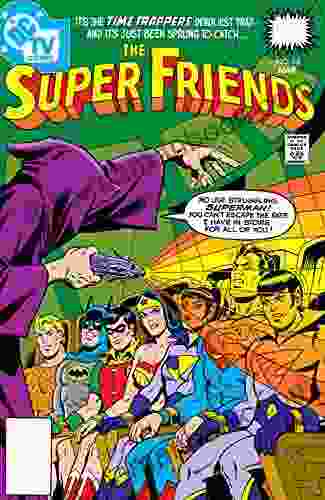
 Dylan Mitchell
Dylan MitchellSuper Friends: The Animated Adventures That Defined a...
In the vibrant landscape of American...

 Jamal Blair
Jamal BlairCollege For Students With Disabilities: We Do Belong
College can be a...
5 out of 5
| Language | : | English |
| Paperback | : | 52 pages |
| Item Weight | : | 4.6 ounces |
| Dimensions | : | 6 x 0.13 x 9 inches |
| File size | : | 2015 KB |
| Text-to-Speech | : | Enabled |
| Screen Reader | : | Supported |
| Enhanced typesetting | : | Enabled |
| Word Wise | : | Enabled |
| Print length | : | 277 pages |
| Lending | : | Enabled |
| X-Ray for textbooks | : | Enabled |


